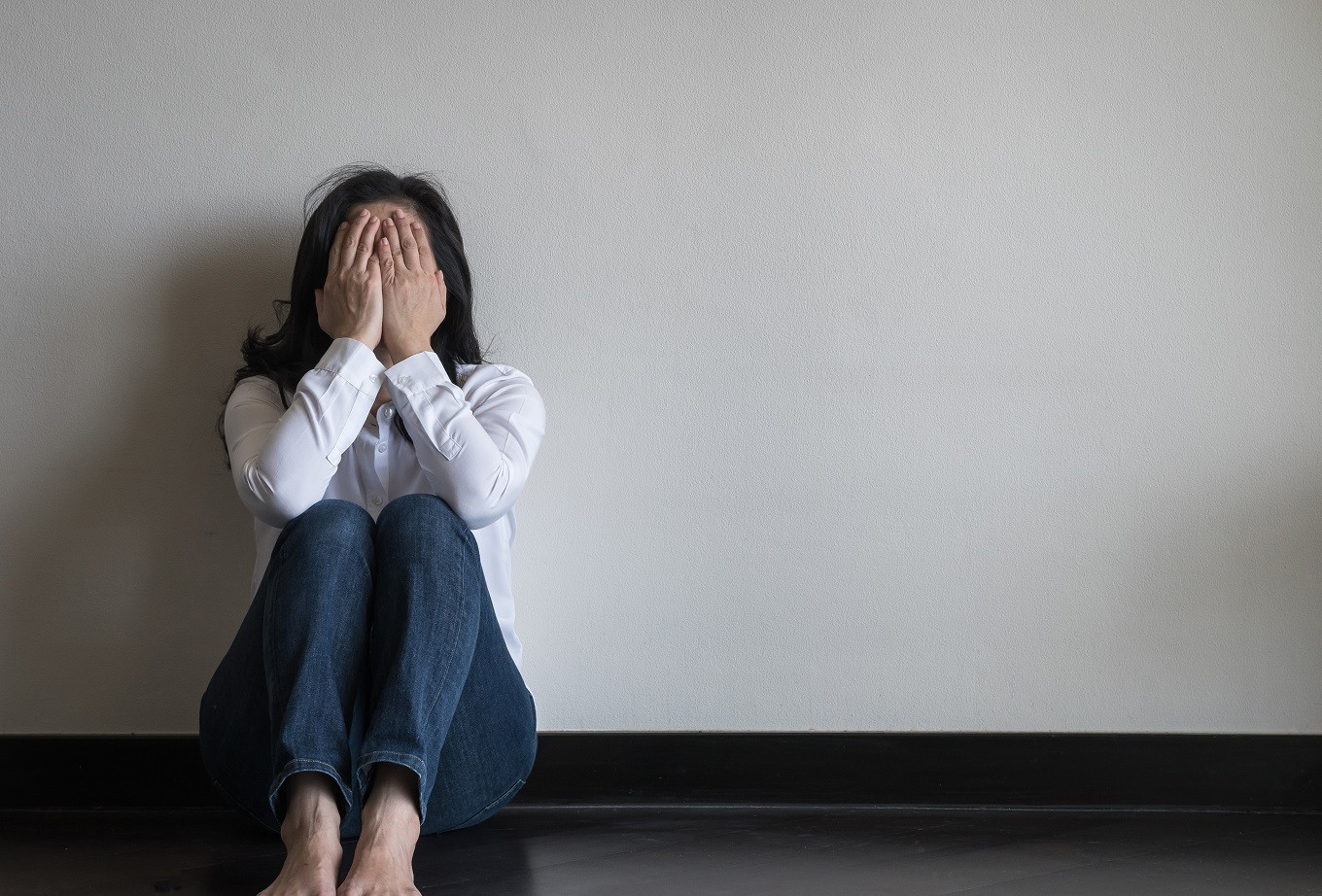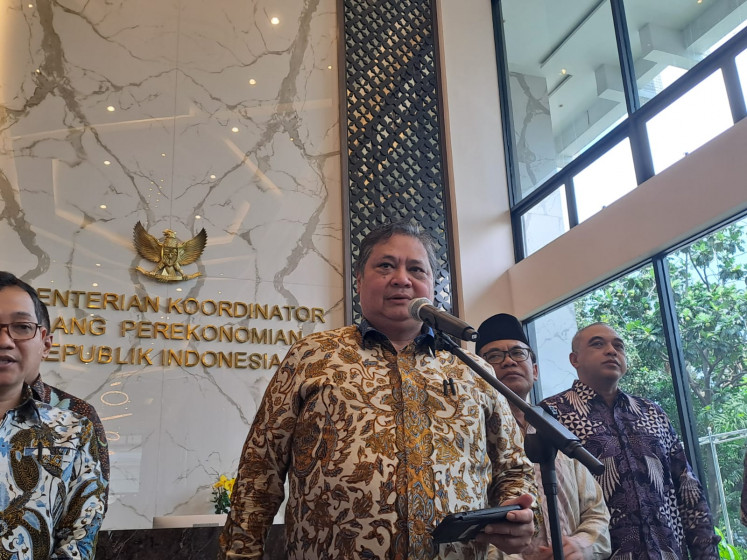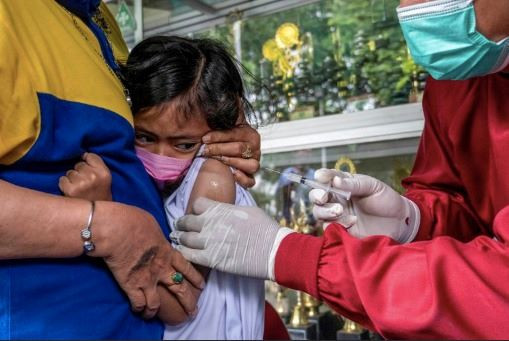Mental health is a challenge for the world’s happiest nations, too
In Denmark 8 percent of the population has depression and it is estimated that 25 percent of all contact with a general practitioner is related to mental health.
Change Size
 Illustration of a woman struggling with mental health problems. It is important to eliminate the stigma surrounding mental health issues. (Shutterstock/Chinnapong)
Illustration of a woman struggling with mental health problems. It is important to eliminate the stigma surrounding mental health issues. (Shutterstock/Chinnapong)
O
n Oct. 10, we celebrate World Mental Health Day. Globally, more than 970 million people live with a mental health disorder, corresponding to more than one in 10 people.
Mental health is a challenge that concerns all nations and a large part of the population in our modern society. The first step is to recognize the challenge.
The COVID-19 pandemic has had devastating effects globally and millions of lives have been lost, but even a horrifying pandemic can provide us with some positive learnings. It is impressive how Indonesia has managed to put health on top of the agenda after COVID-19 and has realized that investment and innovation is needed to ensure proper healthcare across the archipelago. It is time to bring the same attention to mental health issues.
With school closures, economic struggle, work from home measures and isolation from friends, the COVID-19 pandemic has caused a significant rise in mental health problems all over the world. Indonesia has been one of the countries that has kept children and adolescence at home for the longest period of time despite warnings from experts regarding learning difficulties and mental health. I have no doubt Indonesia will be able to cope with this challenge, but also that we have not yet seen the full cost of the mental side effects of COVID-19.
In the World Happiness Report by the United Nations, Denmark has typically ranked at the top. In the latest report, Denmark ranked second. However, in Denmark 8 percent of the population has depression and it is estimated that 25 percent of all contact with a general practitioner is related to mental health.
When encountering the warm hospitality and positive drive of Indonesia, Indonesians easily appear happier than Danes. Still, despite the abundance of smiles and a lower official depression rate, mental health is a growing issue and the access to consultation and treatment is limited especially outside urban areas. This means we need to work together to support mental health well-being, care and treatment.
In Denmark, we strive to improve mental health for all citizens and to break down stigma and secure prevention and early treatment. We have seen good results when taking a holistic approach, where we include not only the individual but also the family, work life and surroundings.
There are three ways in which Denmark supports mental health.
First, the fight against stigma. We need to continue to work together to eliminate stigma against mental health disorders. The work of advocacy and patient organizations, such as One of Us in Denmark, and celebrations like World Mental Health Day are very important ways of eliminating stigma and educating on mental health.
Second, the importance of early interventions. Most mental health disorders appear in childhood and young adulthood. We also know that the earlier a person with a disorder accesses appropriate mental health care and treatment, the better their chances of recovery will be. In Denmark, the “Mind My Mind” program offers psychological treatment to children aged 6 to 16.
Third, suicide prevention. On average, one person dies by suicide every 40 seconds in the world, but suicide is preventable. In Denmark, we established several suicide prevention clinics around the country in 2007, significantly reducing the rates of self-harm and suicide.
While we face many challenges, we want to acknowledge that mental health has risen to the top of the agenda during COVID-19, and we should continue to prioritize prevention, early detection, as well as intervention and treatments of mental health disorders. Even though mental health disorders are less visible, their impact on the daily lives and the economy of any country is significant. But luckily, we are together developing means and instruments to stand up to the challenge.
On this World Mental Health Day let us celebrate mental health – starting with recognizing the challenge and moving forward to address the important topic with all relevant stakeholders.
***
The writer is Danish ambassador to Indonesia.









